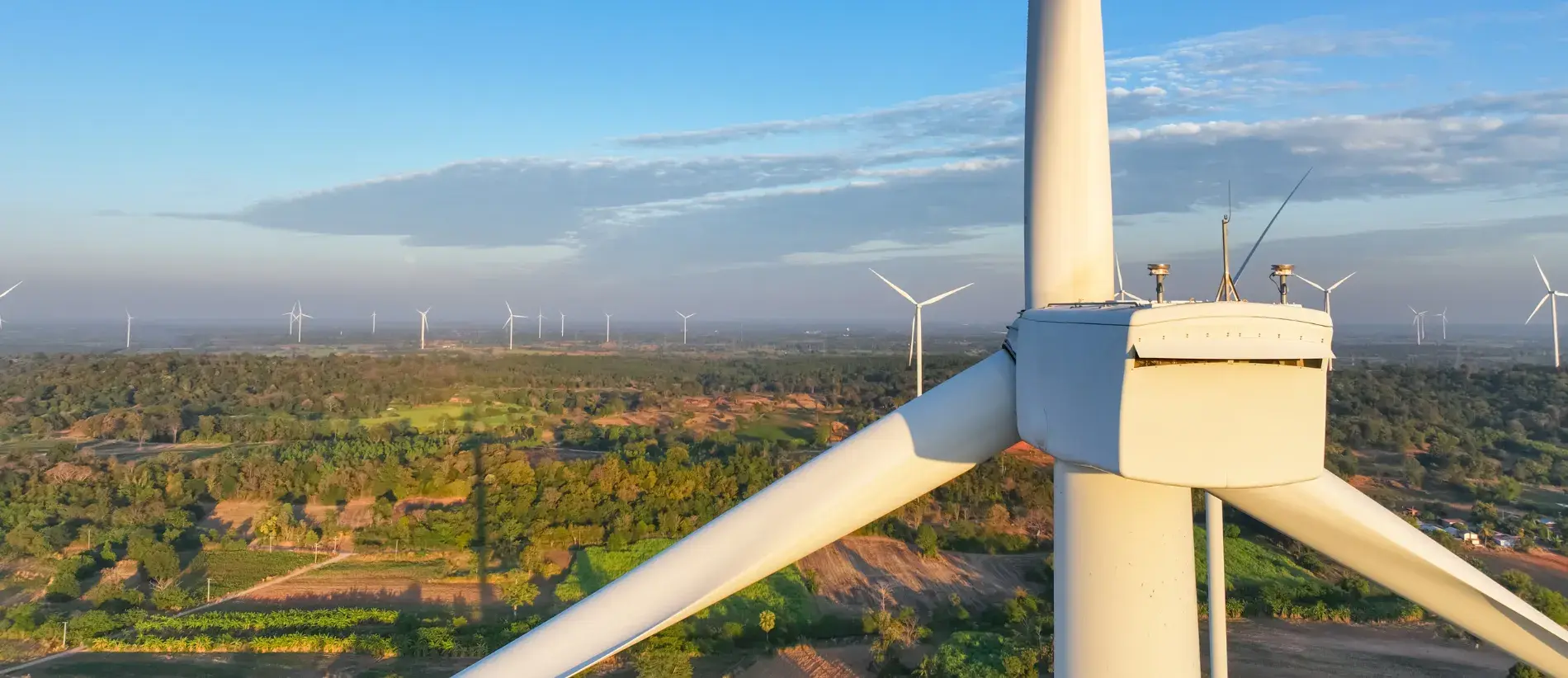Skip to main content
ARTICLES / OCTOBER 31, 2025
The Vulnerability of Renewable Energy to Political Risk
4 MIN READ
The Philippines is moving full speed toward renewable energy, spurred by government commitments, investor optimism, and the pressing need for energy diversification. The country is fast-tracking its clean energy transition with more than 1,435 renewable energy service contracts already awarded and over 6,100 MW of capacity installed as of June 2024. The Department of Energy (DOE) aims for renewables to make up 35% of the power generation mix by 2030 and 50% by 2040—an ambitious, but not impossible, target.
To support this trajectory, the DOE has enhanced its regulatory framework. In June 2024, it released revised omnibus guidelines designed to streamline permitting and contract administration for renewable energy projects. These new rules include a stricter pre-development timeline, simplified access to incentives, and a novel requirement for developers to obtain a Certificate of Authority (COA) before signing contracts. This COA allows developers to conduct early-stage activities such as feasibility studies and permit applications, with validity periods ranging from one to five years depending on the project type.
However, this acceleration comes with growing pains. As of mid-2024, the DOE is processing 105 renewable energy projects for possible termination, mostly due to non-compliance with development timelines. These include 53 solar, 17 hydropower, 10 wind, 5 geothermal, and 3 biomass projects—many of which were approved as early as 2017 and 2019 but have failed to progress. Energy Undersecretary Rowena Cristina Guevara stated that underperforming contracts would be revoked and offered to new developers, adding that “the Marcos Jr. administration is committed to efficient and timely execution” of the country’s clean energy goals.
While this may appear to reflect good governance, it also raises concerns over policy consistency and project security. What happens when a shift in administration redefines what “progress” means or changes the incentives structure entirely? What if previously approved projects are stalled or canceled due to new leadership priorities? Despite the DOE’s effort to weed out non-serious developers, there remains a real risk that changes in political will—especially after the 2028 elections—could undermine investor confidence, derail ongoing projects, or create a chilling effect on foreign capital.
The renewable energy sector is inherently long-term. Projects often span decades, from exploration to commissioning and operation. This timeline makes them highly sensitive to political risk: abrupt policy changes, shifting priorities, bureaucratic delays, or worse, revocation of incentives. Political risk isn’t just theoretical; it’s a lived reality for many developers navigating the Philippine regulatory landscape.
That’s where political risk insurance (PRI) can play a more visible role. Traditionally used to protect investments in politically volatile regions, PRI covers losses due to expropriation, contract breaches, regulatory changes, or even civil unrest. In a rapidly evolving energy market like the Philippines’, this type of coverage could serve as a critical safeguard for project developers, particularly those operating in partnership with government institutions or dependent on long-term tariff agreements.
Yet uptake of PRI in the clean energy sector remains limited, often due to misconceptions around cost, relevance, or accessibility. Insurance brokers are uniquely positioned to bridge this gap. By working closely with both global insurers and local regulators, brokers can help structure coverage that protects investors from policy reversals, clarifies government obligations, and aligns project risk with financing models. This also opens the door to partnerships with multilateral agencies offering de-risking instruments for green energy.
Ultimately, the ability to attract and sustain capital will determine whether the Philippines achieves its renewable energy targets. Without adequate protection against political risks, even the most well-designed projects risk stalling or losing investor backing.
Clean energy may be green—but it is not immune. Political uncertainty can threaten the very foundation of projects that are otherwise technically and financially sound. As the Philippines pushes toward a cleaner energy future, it must also build a safety net that ensures continuity across political cycles. Renewable energy may be our path to sustainability, but risk management is the vehicle that will get us there.
Empower your renewable energy initiatives. Discover how risk management solutions can ensure long-term project continuity and investor confidence.
